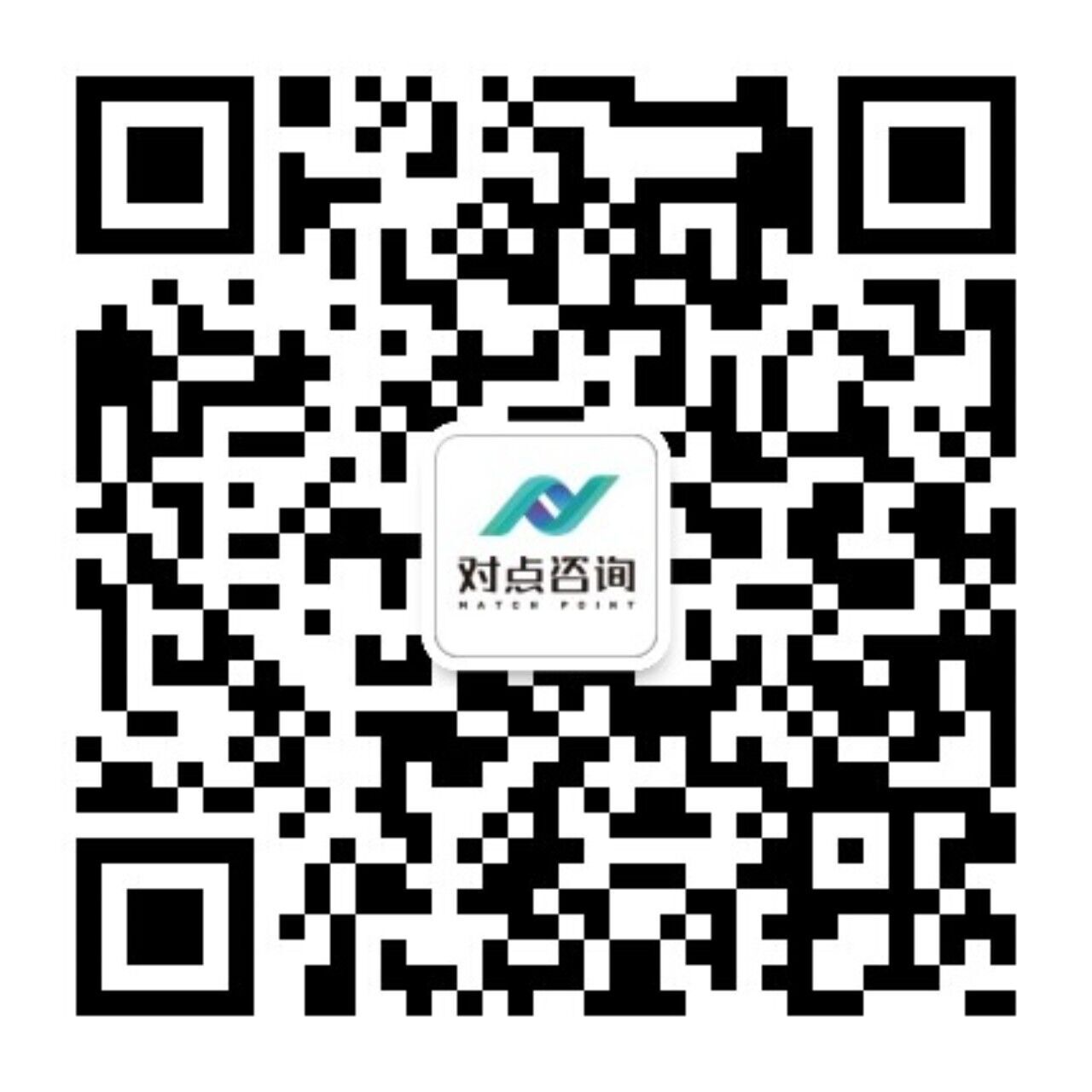As of the second quarter of 2024, Match Point has successfully recruited key positions for numerous manufacturing, automotive, and consumer goods enterprises overseas, including country or regional business leaders, overseas marketing, overseas SQE, project management, government and public relations, sales and quality directors, and HRBP, covering regions such as Southeast Asia, the Commonwealth of Independent States, Europe and America, and Africa. With professional services and efficient recruitment processes, the team has won the trust and high praise of many clients.
What are the considerations for overseas localization recruitment? What role has the Match Point overseas team played in clients' "going global"? Why has the performance in the Southeast Asia region been particularly outstanding? What are the successful methodologies?
In this issue, we have invited several partners from the Match Point overseas team to share and take you in-depth into the overseas recruitment of Match Point.
Dian Dian: Hello, hello everyone. Many friends have expressed great interest in our overseas business. Please introduce the scope of overseas business and our current focus.
Kiki: We can help enterprises with the overseas dispatch of Chinese employees, the recruitment of foreign employees in China, and the recruitment of foreign employees for overseas factories/offices established by Chinese enterprises. Localization recruitment in overseas business is our current focus, and in the future, we plan to focus on national/regional localization recruitment to gain a competitive advantage.
Dian Dian: I see~ What are the considerations behind choosing to focus on localization recruitment, and what role does our overseas team play in the process of clients going global?
Kiki: The focus on localization recruitment stems from Match Point's core value of "Customer First." We are committed to accompanying our clients in their growth and assisting Chinese enterprises in accelerating their integration into the global value chain. Since 2020, we have noticed that some clients have begun strategic layout of overseas business, and more and more enterprises have gone global since then, including many of our important clients. However, it has only been a little over three years since 2020, and many clients are still in the exploratory stage. In terms of positioning target companies in the market and building talent echelons, most enterprises urgently need to establish a sound methodology. Our advantages and experience in this field can provide support for our clients. Many of our clients have established joint ventures or factories overseas. Governments in many countries have certain restrictions on foreign employment to protect the employment of their own citizens and require enterprises to recruit a certain proportion of local employees. Localization of operations and employment has become an inevitable choice for many of our clients after going global, and it is where we can add value.
In addition, compared to well-known overseas brands, many domestic enterprises need to build and gradually strengthen their employer brand from scratch after going global. When searching for suitable talents, we find that the overseas talent pool of many clients is relatively small, and they need help to facilitate cross-industry transfers between enterprises and talents, and continue to practice the business philosophy of "letting enterprises use the right people and allowing candidates to choose the right enterprises" overseas. Many times, we not only need to find people for our clients but also help them clarify what kind of people they need, which requires time and patience. In the process of accompanying clients in their overseas business layout, we need to help them establish an employer brand and refine their talent profiles. This is something that needs to be done continuously and requires mutual trust and understanding between us and our clients. We believe that continuously accompanying our clients in their growth and becoming their closest and most trusted human resource partner overseas is the source of our team's achievement.

Dian Dian: We have successfully recruited key overseas positions for many manufacturing, automotive, and consumer goods enterprises, and the number of positions closed in the Southeast Asia region is particularly prominent, and the client evaluation is also particularly outstanding. Please analyze the important reasons behind this.
Sarah: Southeast Asia is geographically close to our country, has a large population base, huge market potential, and many preferential policies. It is an important part of the overseas layout of many of our strategic clients and even the first choice for many clients to "go out." In order to better help clients achieve globalization and promote the landing of their business overseas, we have invested a lot of time and energy to deeply study the market environment and talent conditions of the Southeast Asia region. The team holds weekly meetings to deeply study and discuss the development strategies, foreign investment regulations, trade regulations, conditions for entering parks, and localization strategies of Chinese-funded enterprises in Southeast Asian countries such as Thailand, Vietnam, Malaysia, and Indonesia, to understand the distribution of local talents and carry out Mapping and mining. We also promote regional information exchange among overseas HR to help enterprises understand market dynamics in a timely manner and go overseas efficiently. Through these detailed controls and accumulations, we have made some progress in the Southeast Asia region and have received a lot of recognition from clients. With the continuous efforts of the team, we will provide more diversified support to clients in the future to help them better adapt to the local market and achieve rapid business growth.
Dian Dian: Great! Share a case of helping clients solve the localization recruitment in the Southeast Asia region.
Dolores: A new energy vehicle client hopes to significantly expand its dealer network in the Southeast Asia region, with the goal of doubling the channel and annual sales growth, and therefore entrusts us to find a marketing leader in Thailand. This position is very urgent, and the client is also very clear about which target companies to find suitable candidates from. However, in actual operation, we found that due to the long distance of communication between HR and the overseas team, the portrait information provided is limited. Therefore, we need to help clients further clarify their needs and clarify the portrait through market research. Although the client has made some progress locally, due to entering the market late, compared with those established car manufacturers with a solid position, the brand volume is not dominant, and overseas candidates are relatively unfamiliar with Chinese-funded enterprises and have a low acceptance. This requires us to take more measures to attract potential candidates, while helping clients enhance the employer brand image, breaking cultural barriers between different countries, and promoting Chinese-funded enterprises.
To attract target candidates, we have conducted a detailed study of the client's market performance in Thailand, including the sales and evaluation of popular models, the situation of local factories, future development plans, and differences in workplace culture. When introducing the client to candidates, we not only emphasize these market performances but also combine the support policies of Thailand for the new energy vehicle industry to showcase the market prospects of new energy vehicles locally, the client's long-term development determination and confidence, and the advantages of Chinese-funded enterprises. Through these comprehensive actions, we have successfully enhanced the candidates' interest and favorability towards the client's company. At the same time, the candidates themselves also perceive that this is a good opportunity to switch from traditional car companies to new energy vehicle companies. In the end, our efforts have facilitated the candidates to accept this offer.

Dian Dian: Thank you for sharing. What are the considerations for the localization recruitment of foreign employees? What are the differences compared to domestic recruitment?
Carrie: In the process of overseas localization recruitment, there are many issues and considerations to think about. Here I share some key considerations:
1. Comply with local laws and regulations In the process of localization recruitment, the first thing to understand and comply with is the local laws and regulations, such as the differences between local labor laws and domestic laws in terms of employment contracts, salaries, working hours, social insurance, etc., to avoid unnecessary risks. Faced with a complex cultural environment, from recruitment to salary negotiation to employment, each link should be "localized."
2. Differences in workplace culture and cognition When we recruit in some Southeast Asian markets such as Thailand, we often need to solve recruitment problems based on the local workplace culture and the cognition of local candidates. For example, in the just-shared case, if you resign in China, the company may "accommodate" and speed up the resignation process, but in the local area, you need to strictly notify the original unit in advance according to regulations, and the resignation process will be longer and take more time. When negotiating salaries, the currency of the salary in the offer, whether the salary amount is before or after tax, the salary structure, and the salary calculation method, etc., will also have some differences from domestic, and these details need to be clarified one by one.
3. Issues such as time difference and commonly used communication tools When recruiting overseas, pay attention to the issue of time difference, and confirm with HR before communication and interviews whether it is local time or Beijing time. Some countries in the Southeast Asia region are in the East Eight Zone, and some have a time difference of about 1 hour with China, such as Thailand, which is one hour behind Beijing time. In addition, you need to understand the instant communication tools of local candidates, and candidates in Southeast Asia usually use WhatsApp for communication. Sometimes due to network conditions, the reply may be slower, and you can send emails or messages to arrange the next contact.
We are committed to becoming the closest and most trusted human resource partner in the globalization strategy of enterprises! We recruit high-level talents for enterprises around the world to build and improve R&D, production, and sales teams, and build compliant and legal functional teams, ensuring that the operations of enterprises in different countries comply with local laws and regulations, and can be highly coordinated to promote the continuous development of the business. We help enterprises establish and enhance the employer brand in overseas markets, attract outstanding talents to join, promote the integration of different cultures, and jointly promote the innovation and growth of enterprises.






 浙公网安备 33010602012527号
浙公网安备 33010602012527号
